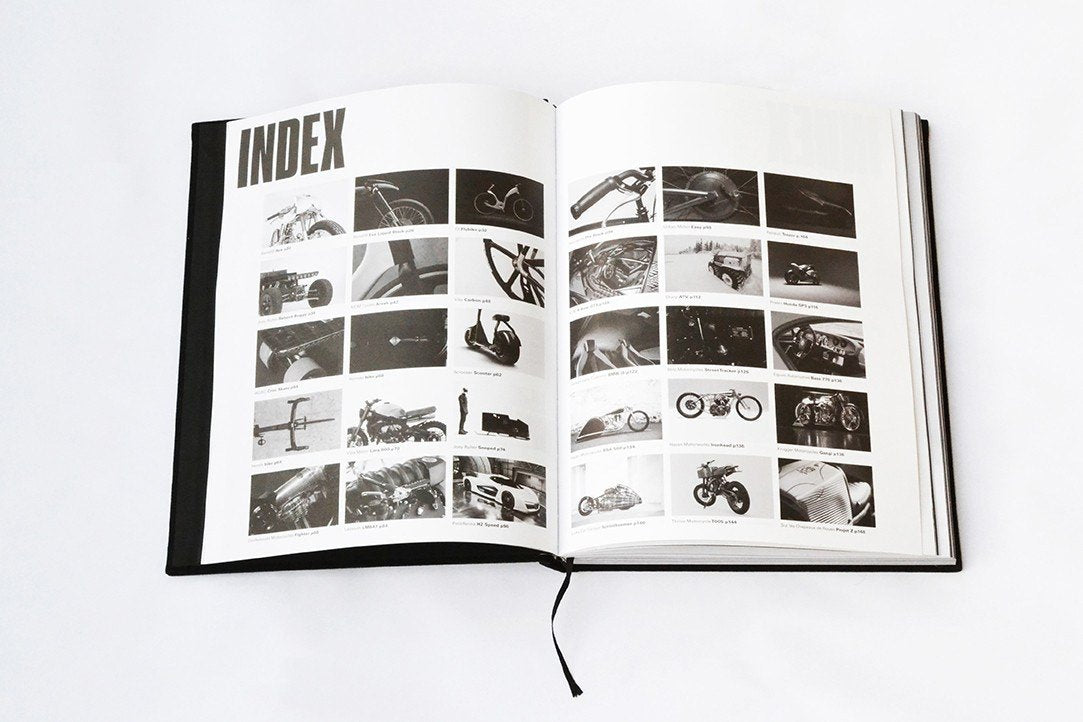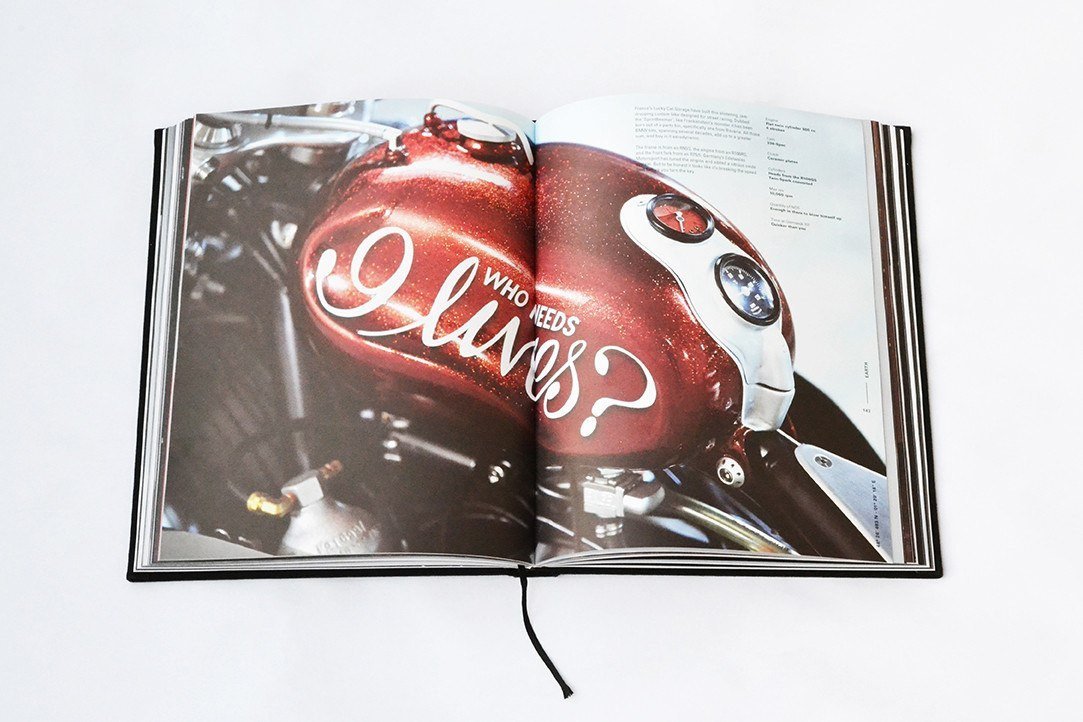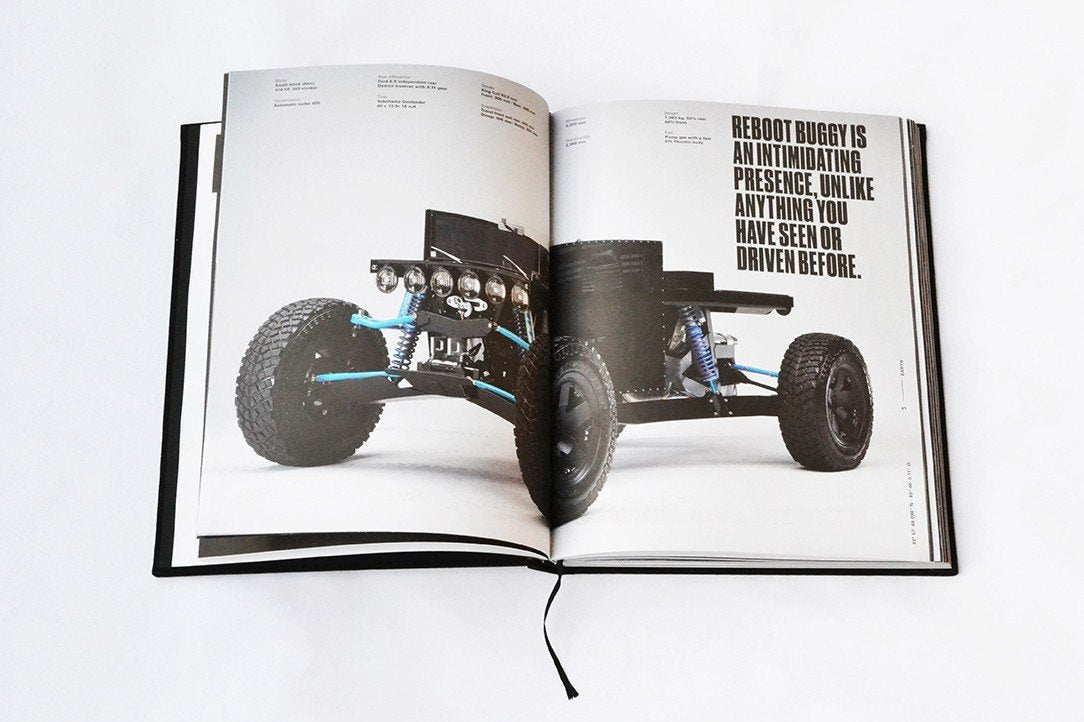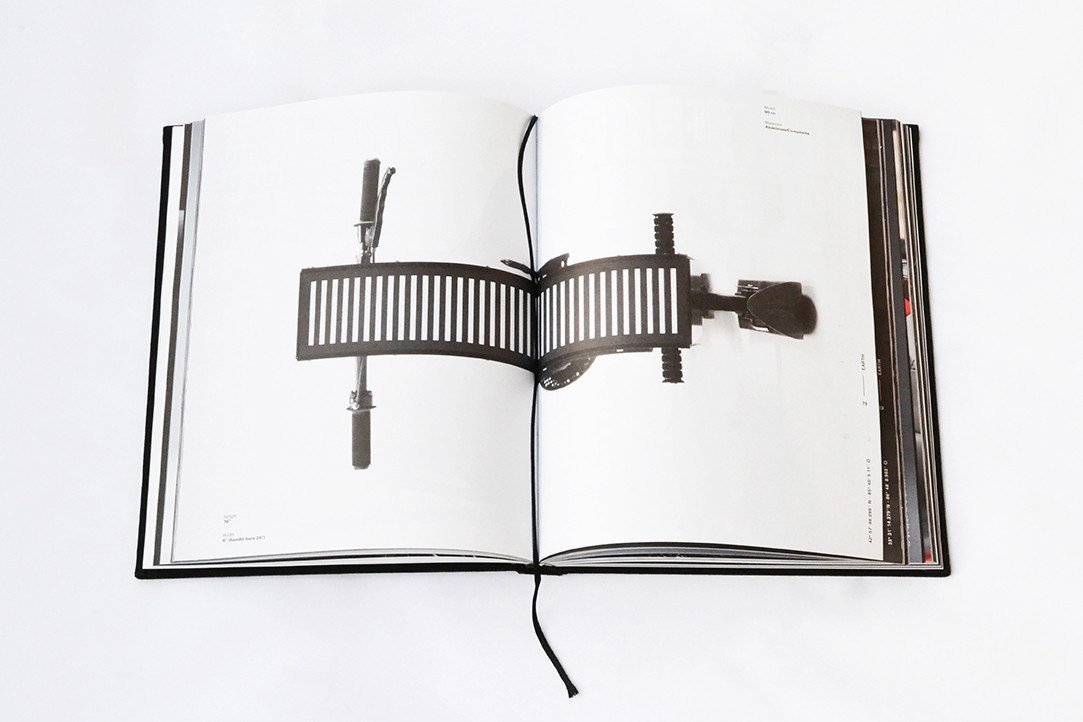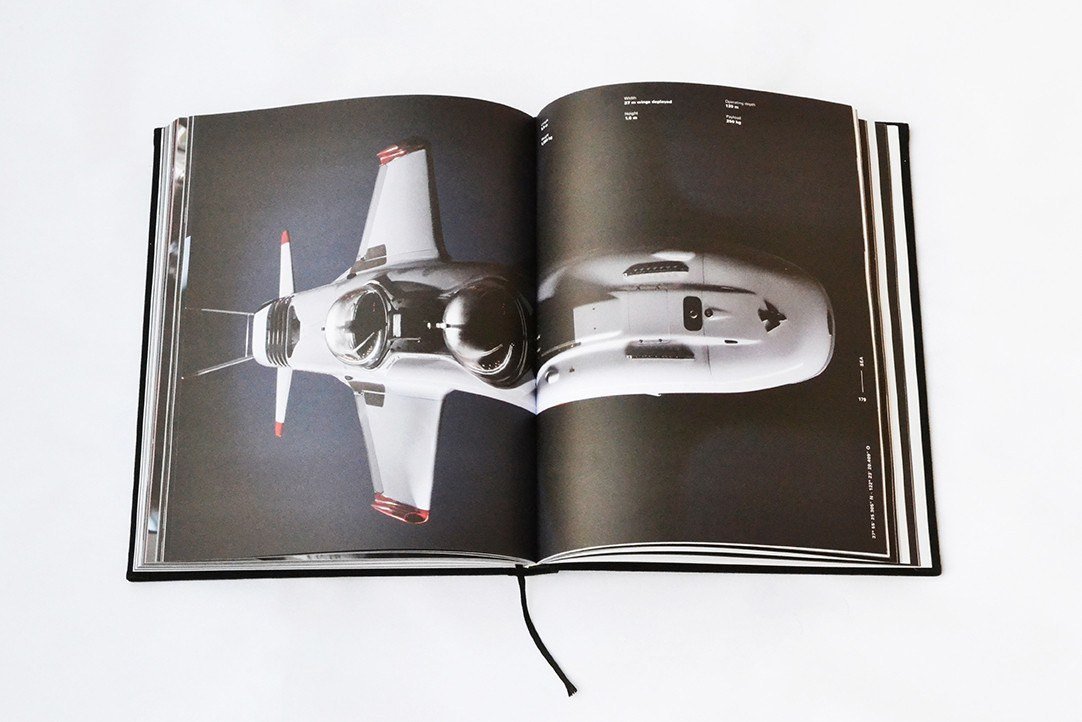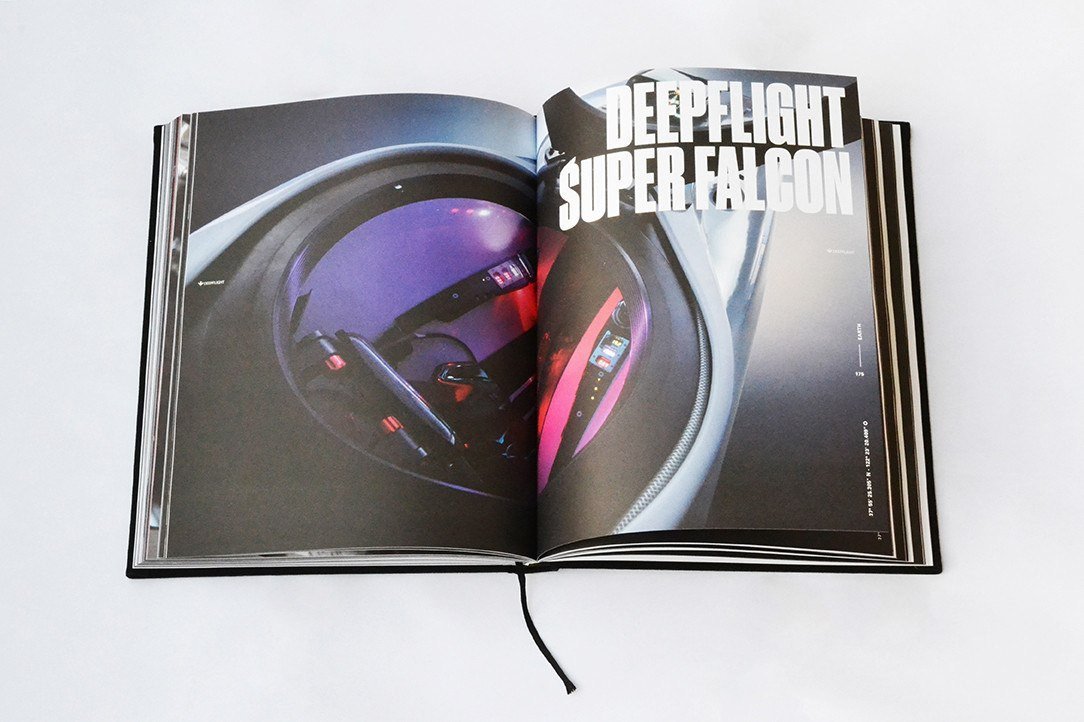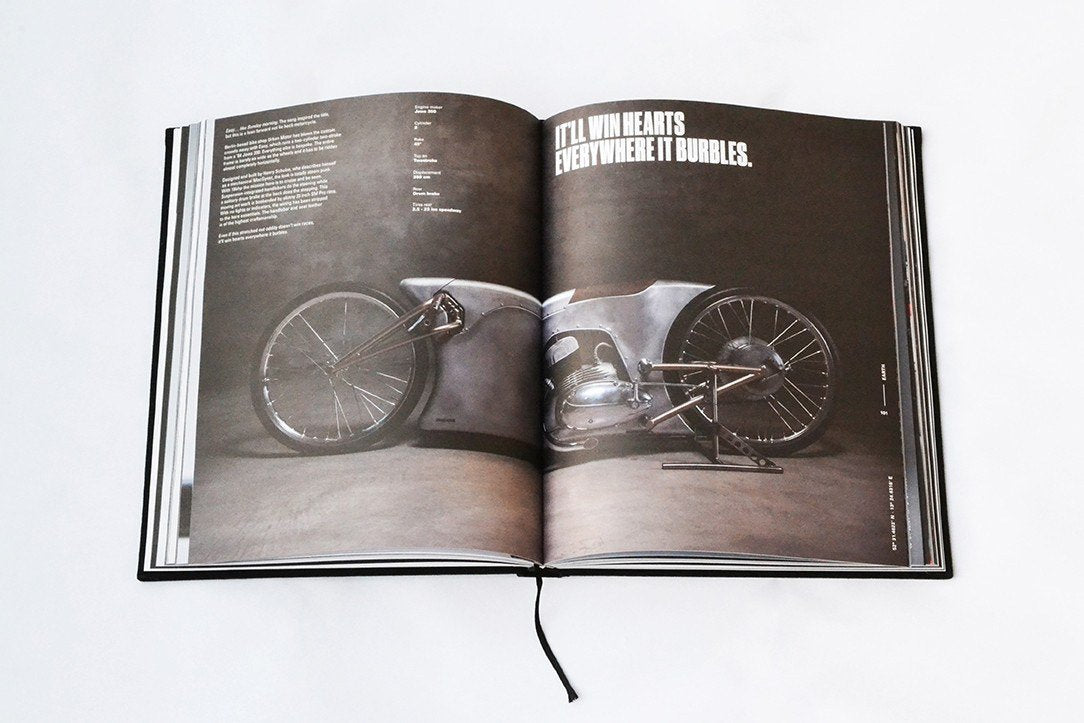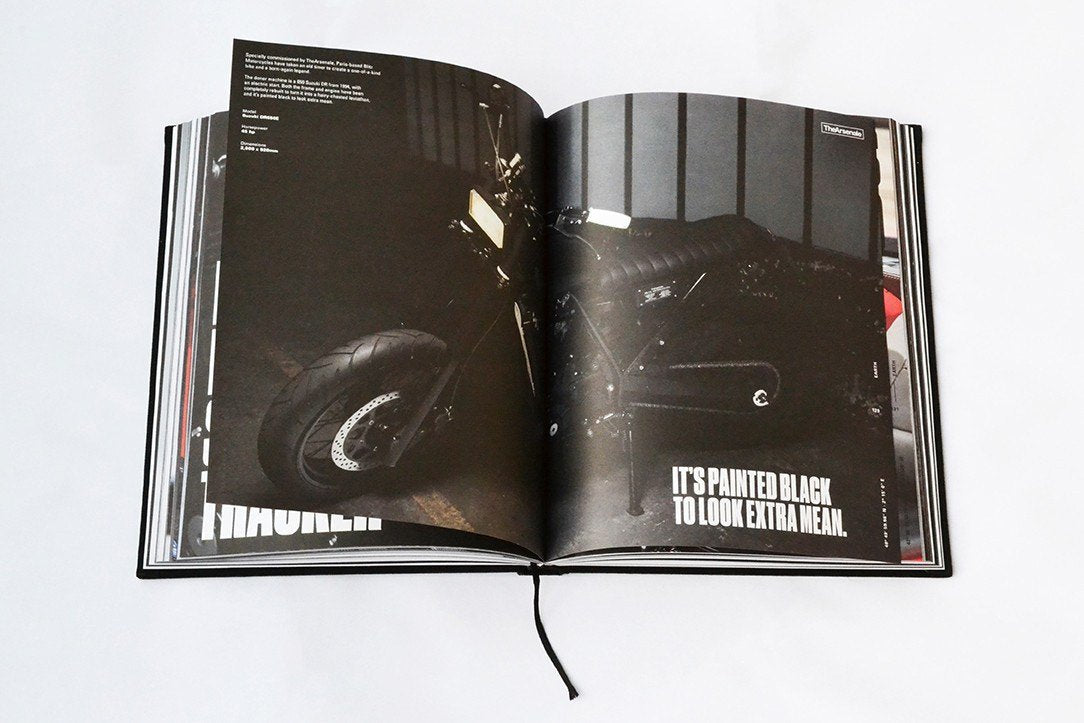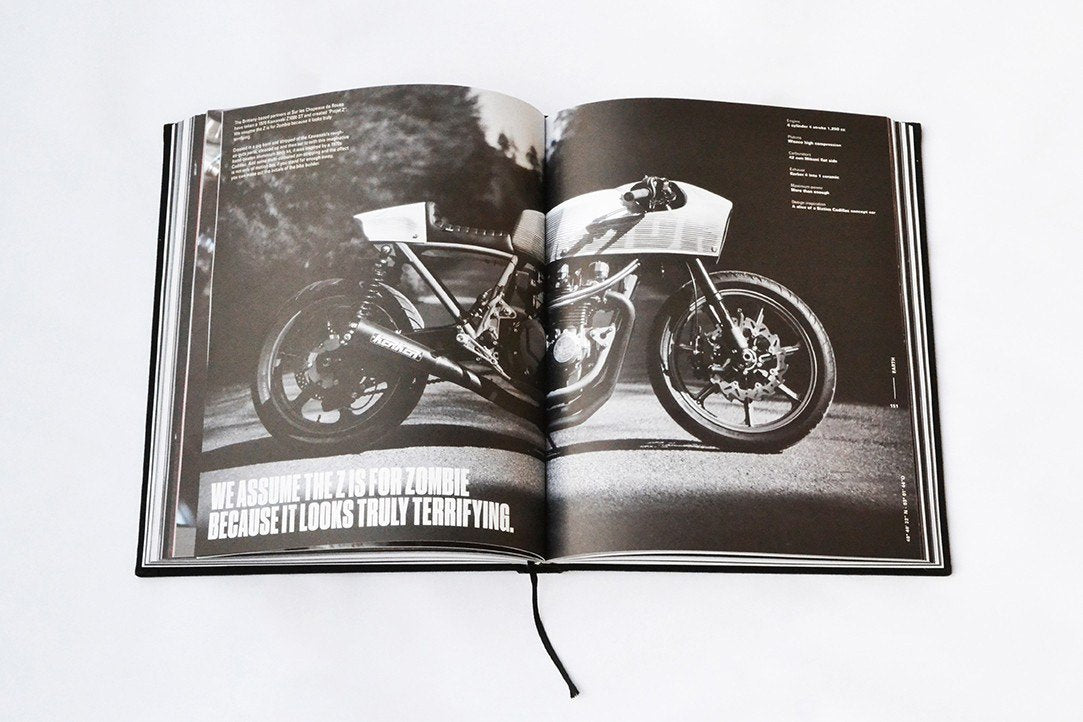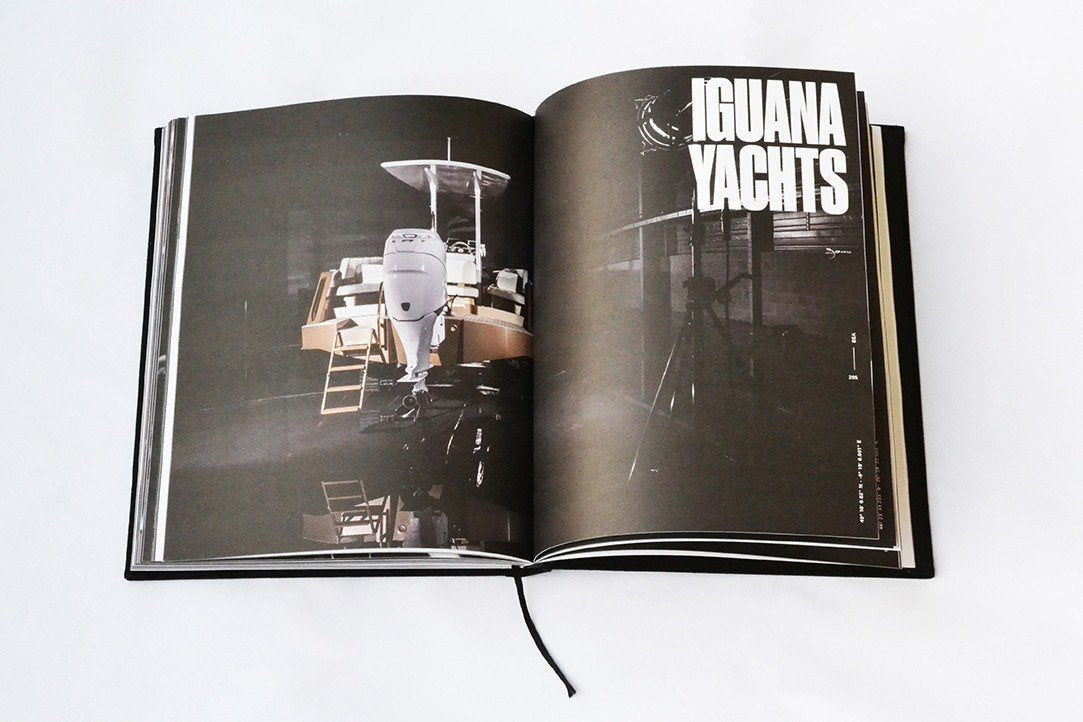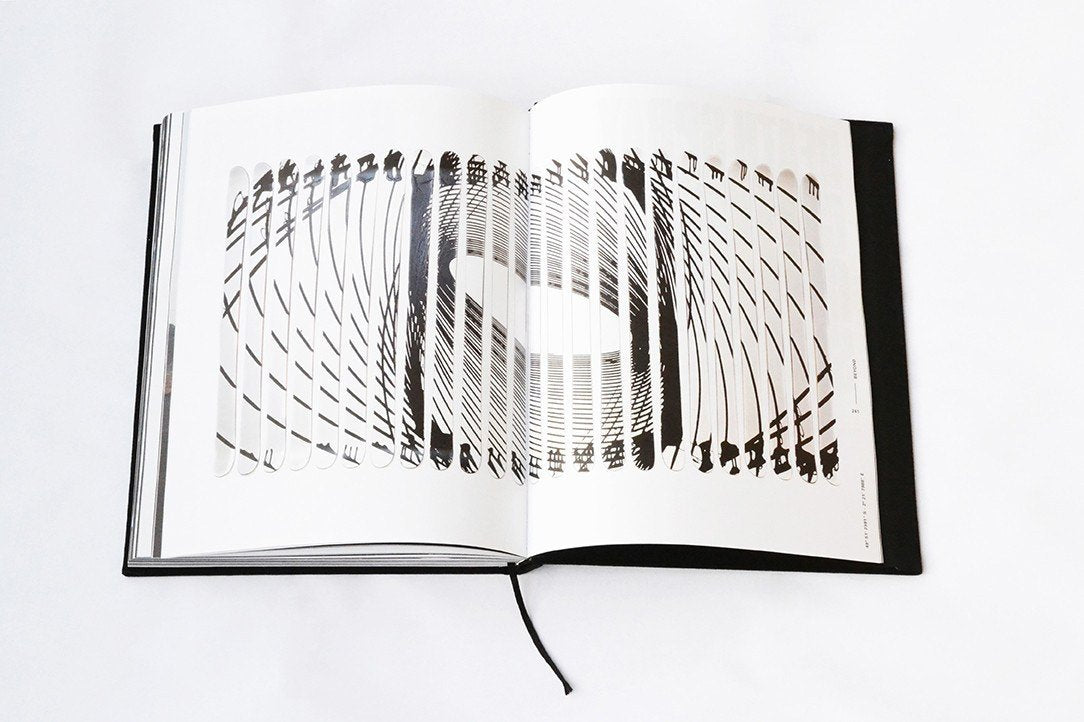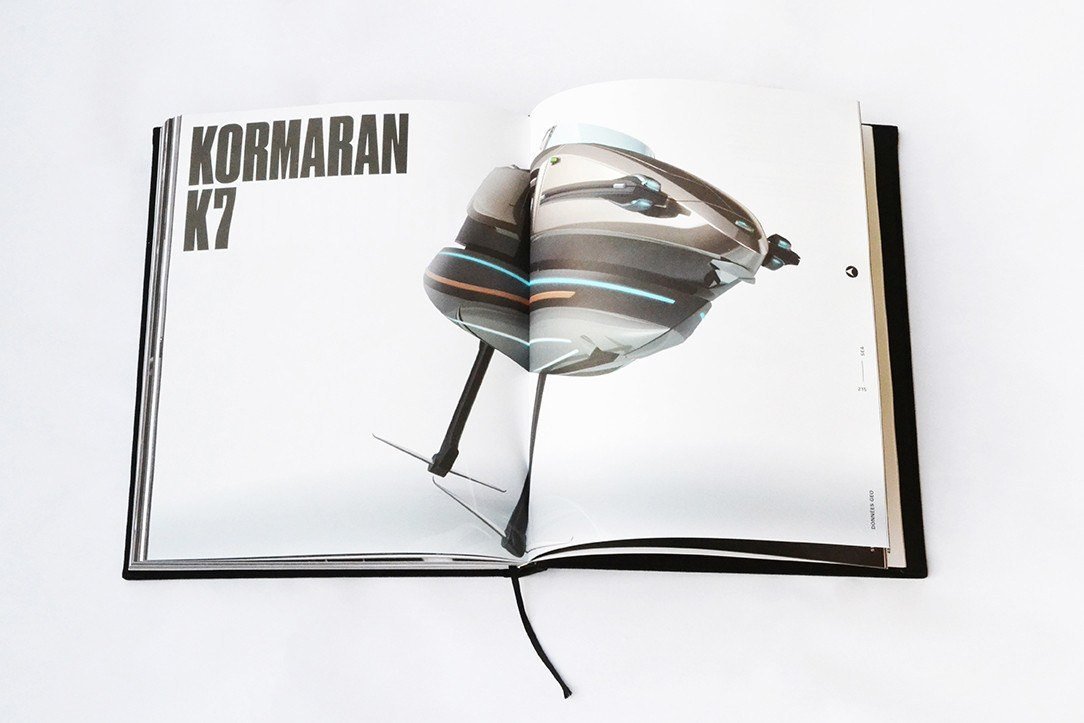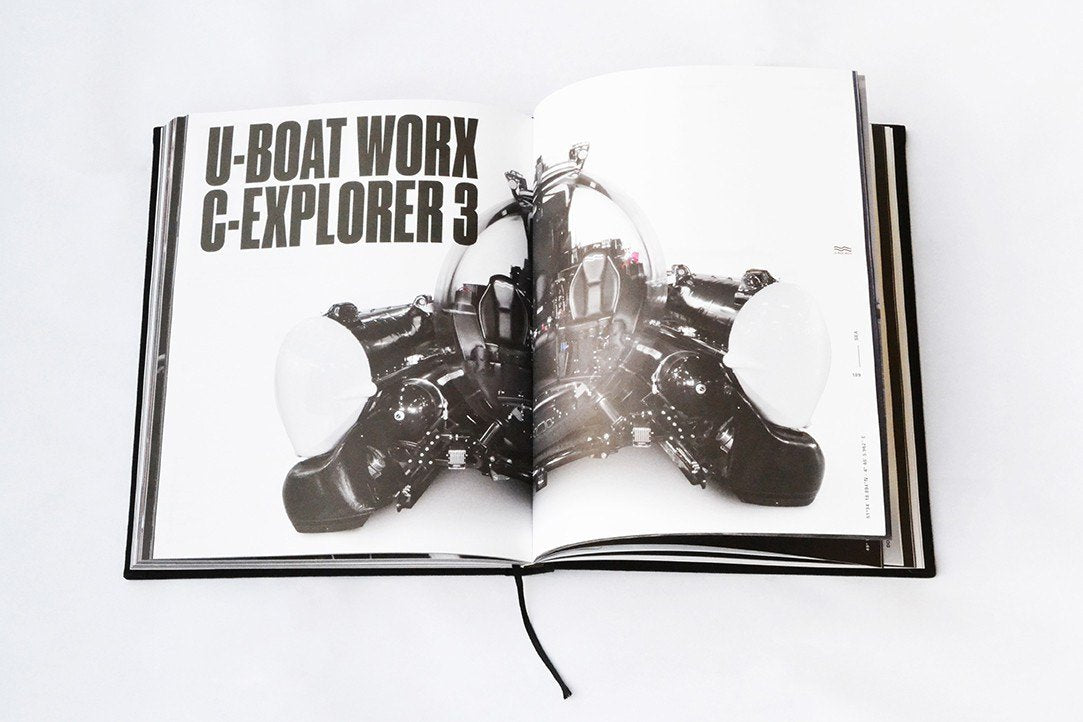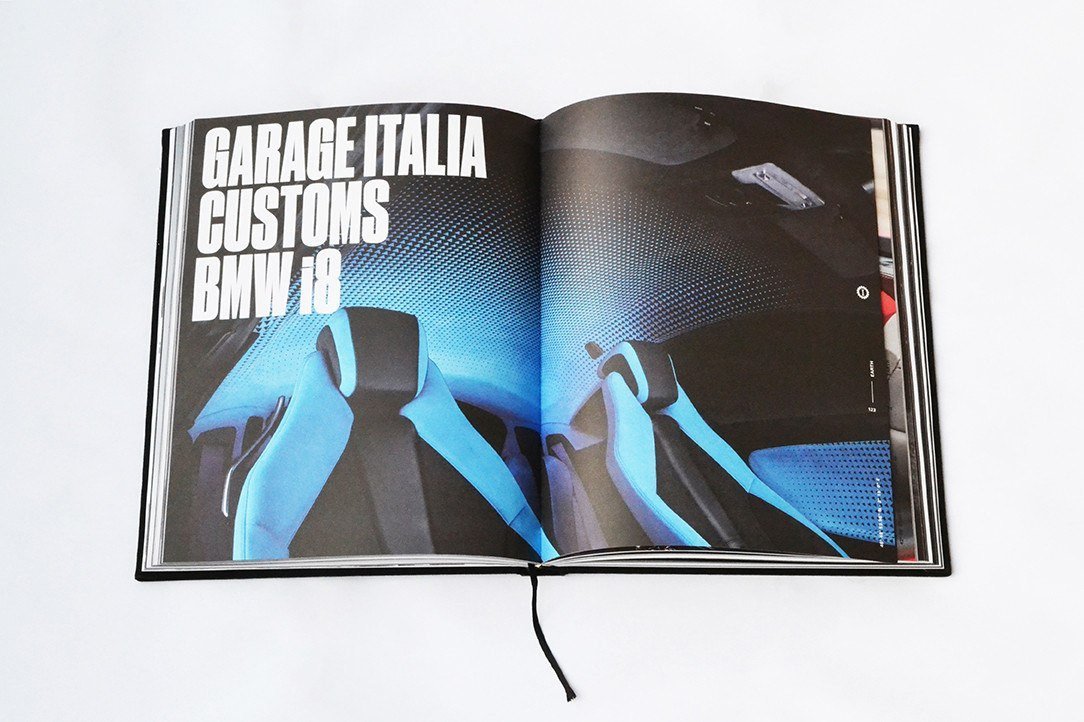As the world advances in digital transformation, excitement builds over the increasing impact on agriculture. A key source of this enthusiasm is VKTOR, an innovation project by Alessandro Pennese. Pennese has designed the VKTOR as an autonomous electric vehicle with the primary function of managing agricultural farms and their logistical organization. Using state-of-the-art technology, this autonomous farming vehicle is projected to significantly enhance crop production and closely monitor crop growth, optimizing output. Furthermore, the implications of VKTOR for sustainable farming are considerable: with less effort and less environmental impact, we can produce more crops.

In specific terms, VKTOR plays an essential transportation role within the agricultural ecosystem. Its design features a single central track, pushed along by a wheel motor, enabling the swift and effective transport of various goods across the farm's field and space. Furthermore, the VKTOR's modular design and impressive adaptability allow it to carry machinery of different sizes and weights. It can operate independently or in conjunction with other modules, providing an optimal logistical solution for modern farming.

Pennese's VKTOR Autonomous Farming Vehicle surpasses the standard wheel-based means of transport, employing caterpillar tracks akin to a military tank to reduce pressure on the ground. This feature is particularly beneficial on deformable and poorly compacted surfaces, showcasing the VKTOR's superior mobility over rough terrain. Its tracks also reduce jolting by efficiently surmounting smaller obstacles. In capturing an ambitious conception of future farming, the VKTOR promotes not merely crop production but also improved working conditions and increased safety.

📷: Alessandro Pennese
